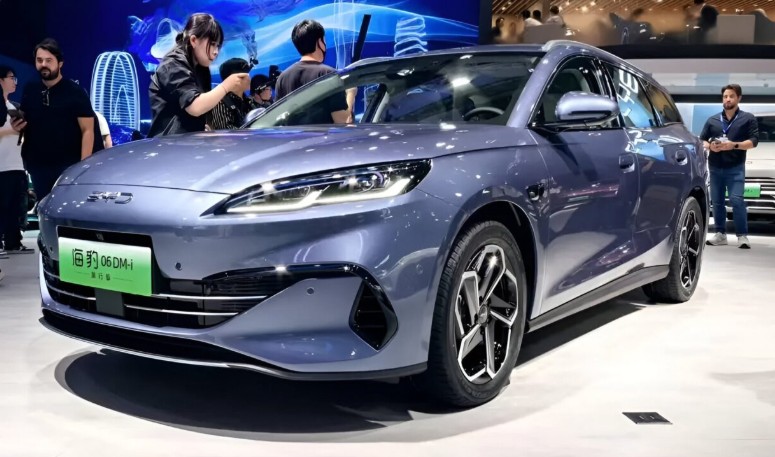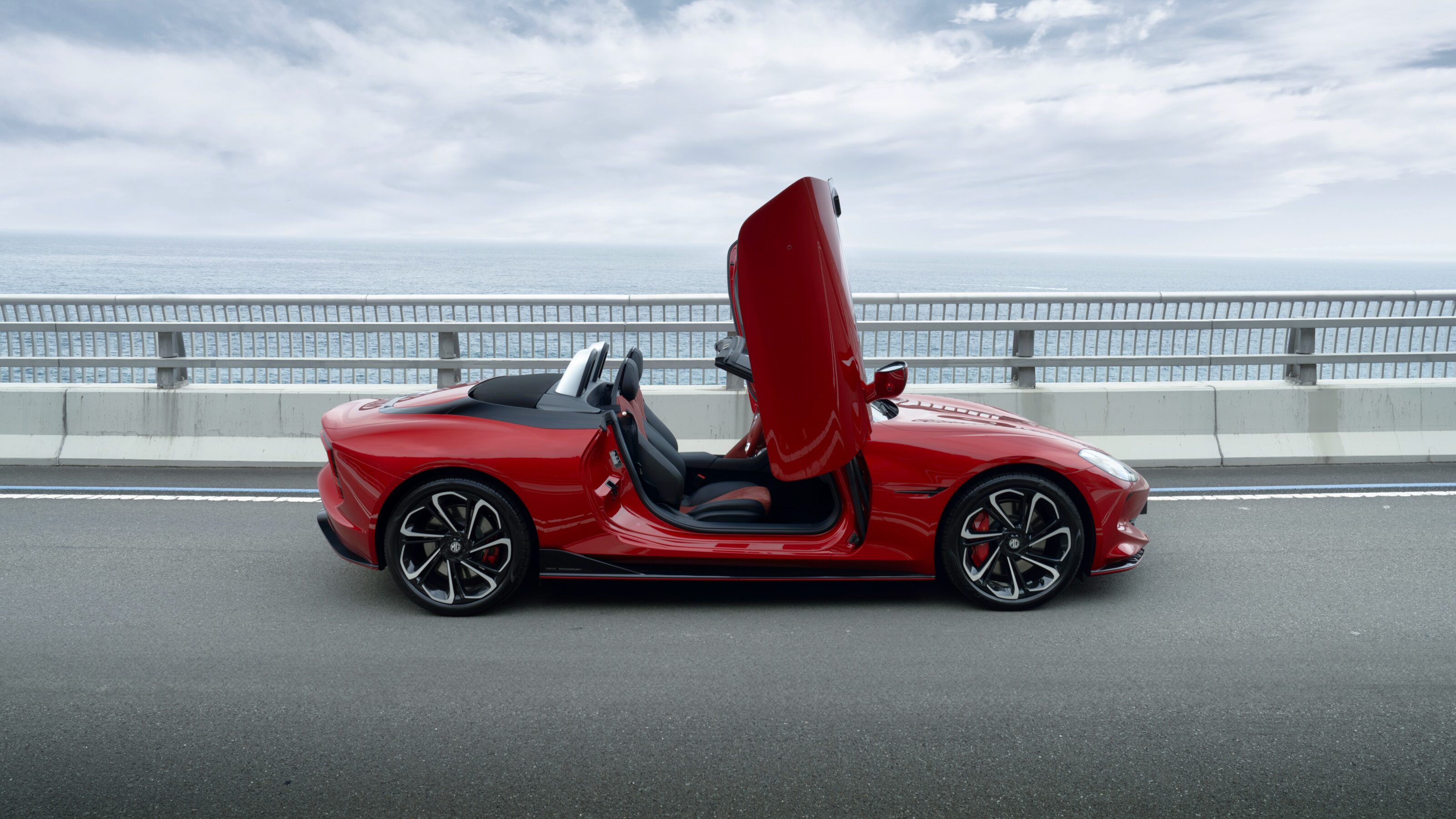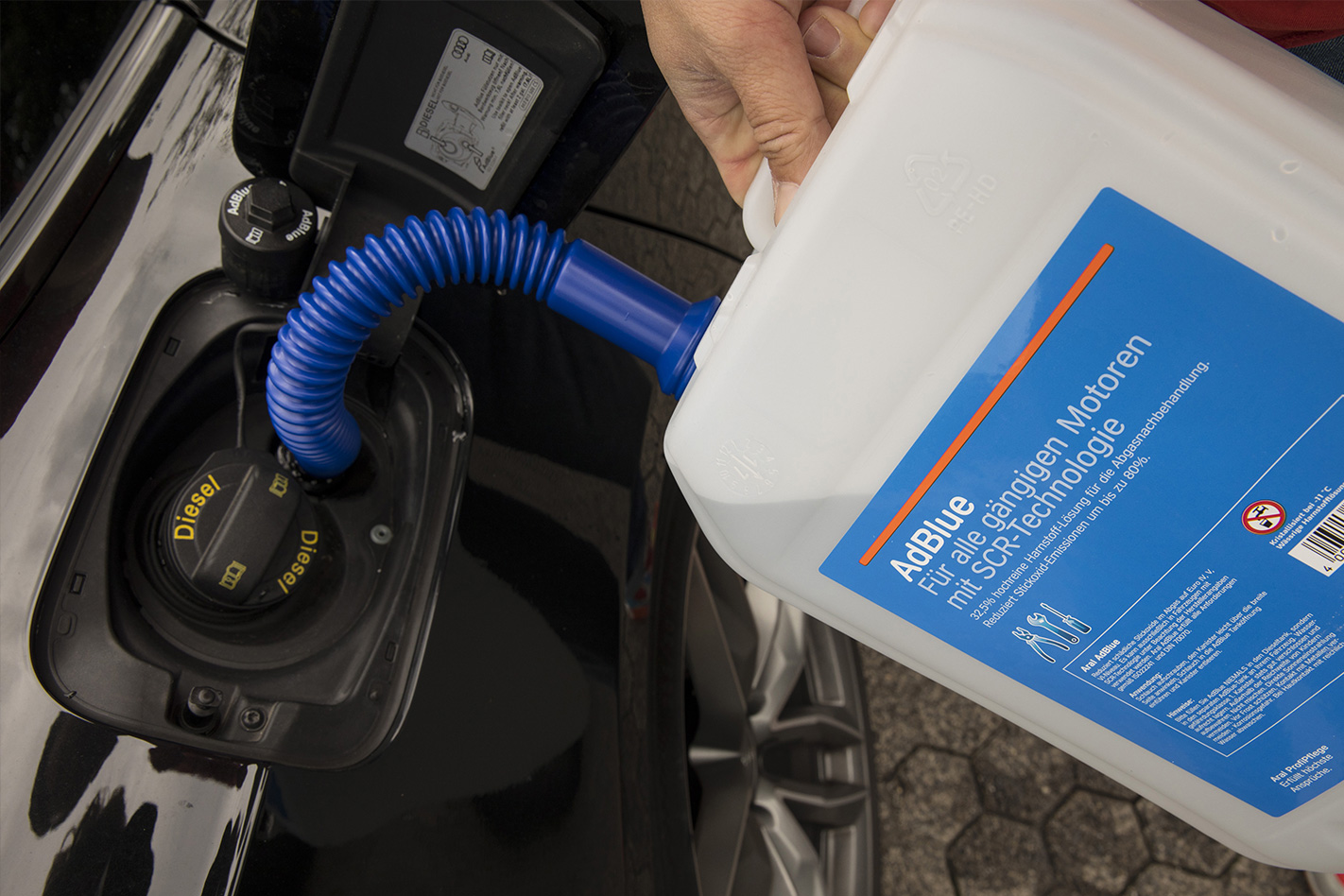
UPDATE, January 25, 2022: Relief in sight, as large AdBlue delivery begins across Australia
The story to here
UPDATE, December 22: In the face of dwindling supplies, the Australian Competition and Consumer Commission (ACCC) has allowed collaboration between manufacturers and stakeholders within the AdBlue industry.
The interim authorisation means AdBlue makers can co-operate with one another as part of a co-ordinated government and industry response to the growing AdBlue shortage, without the risk of breaching competition laws.
While the laws are in place to save consumers from price fixing – a rule which will remain despite the ACCC’s order – the temporary exemption allows companies and the Government to share information such as urea stock and AdBlue supply levels in geographic areas.
It also means companies can join forces in the production of AdBlue and implement wholesale and retail sales limits where necessary.
However, AdBlue manufacturers are required to invite the ACCC to take part in any meetings where these issues are discussed.
ACCC Chair Rod Sims said the authority worked quickly to consider and approve the order, following the industry’s application on Monday.
“[The interim authorisation] enables AdBlue manufacturers and the Australian Government to consider the best way to respond to any potential future supply constraints,” Sims said.
“The manufacturers’ co-ordination of their response with the Government is an important step in providing a regular supply of AdBlue – which is critical to our nation’s transportation sector, food production and the broader economy.”
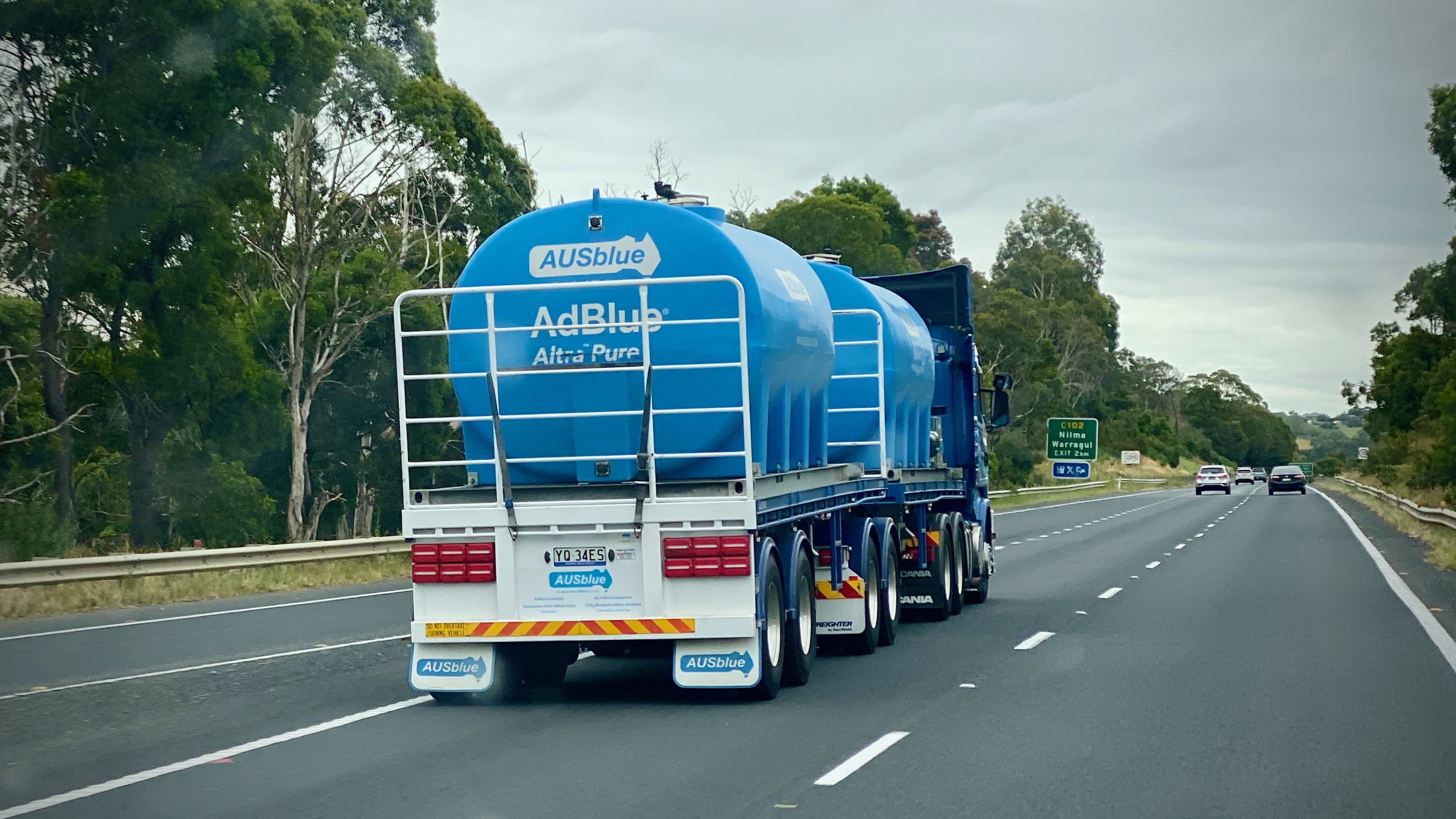
December 17: Petrol and diesel supplies across Australia could be crippled unless the looming AdBlue shortage is addressed, according to a defence expert on fuel security.
John Blackburn AO, former deputy chief of the Royal Australian Air Force, has warned Australia’s fuel supply is under threat as the nation’s petrol and diesel is delivered almost entirely by road – with a large proportion of prime mover trucks requiring AdBlue to run.
“The vast majority of petrol and diesel in Australia is carried by trucks, rather than trains or coastal shipping tankers,” Blackburn said.
“So if this starts to impact trucks and logistics, it is then, in turn, going to impact our fuel supply.”
While a relatively small proportion of vehicles on the road use the emissions additive, road transport companies across the country have been transitioning to modern European trucks in recent years in an effort to reduce overall fleet emissions – with some doing so at the insistence of their large corporate clients.
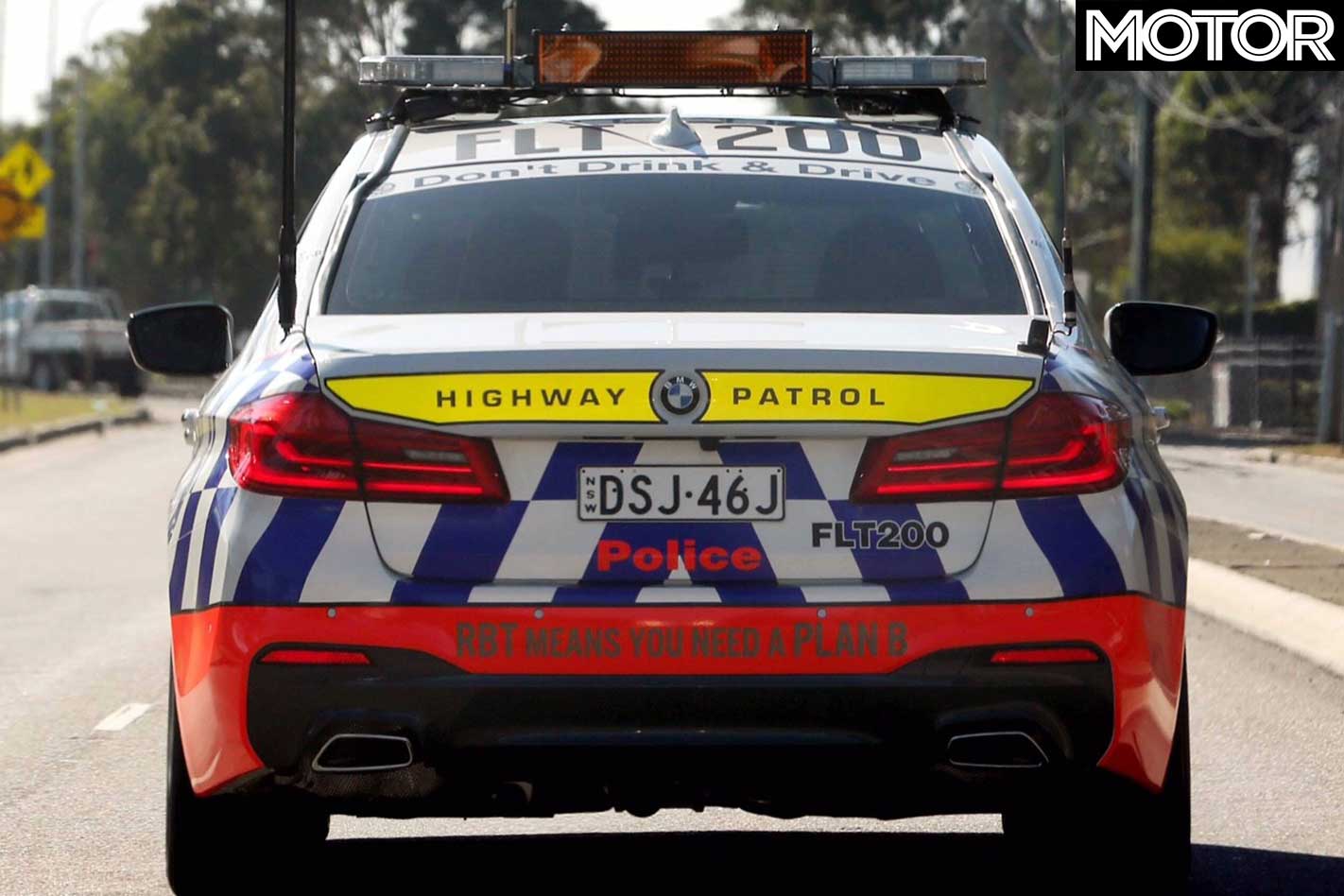
Some police cars in Victoria and NSW also require AdBlue to operate, including the Mercedes-Benz E400 and BMW 530d used by Highway Patrol divisions.
“[The small number of our vehicles requiring AdBlue] remain in service and there has been no impact on our operational capacity,” a spokesperson for Victoria Police told WhichCar.
However, if the situation becomes dire, state governments have the ability to enact “necessary provisions” in order to secure fuel supplies for emergency services.
BMW Australia has confirmed to WhichCar it has secured AdBlue supply from its head office in Germany, which it believes should be enough to ensure customer vehicles can continue to operate “well into next year”.
Mercedes-Benz Australia is working with retailers to manage stock levels, but a spokesperson says its dealerships have sufficient supplies for servicing into the “foreseeable future”.
Mercedes-Benz G-Wagon models used by the Australian Defence Force do not require AdBlue to operate, but could potentially be vulnerable to the fuel supply issue being cautioned by Blackburn – a longtime critic of Australia’s fuel security policies.
“Once again we react, but fail to prepare. Too little, too late and too short sighted,” Blackburn said.
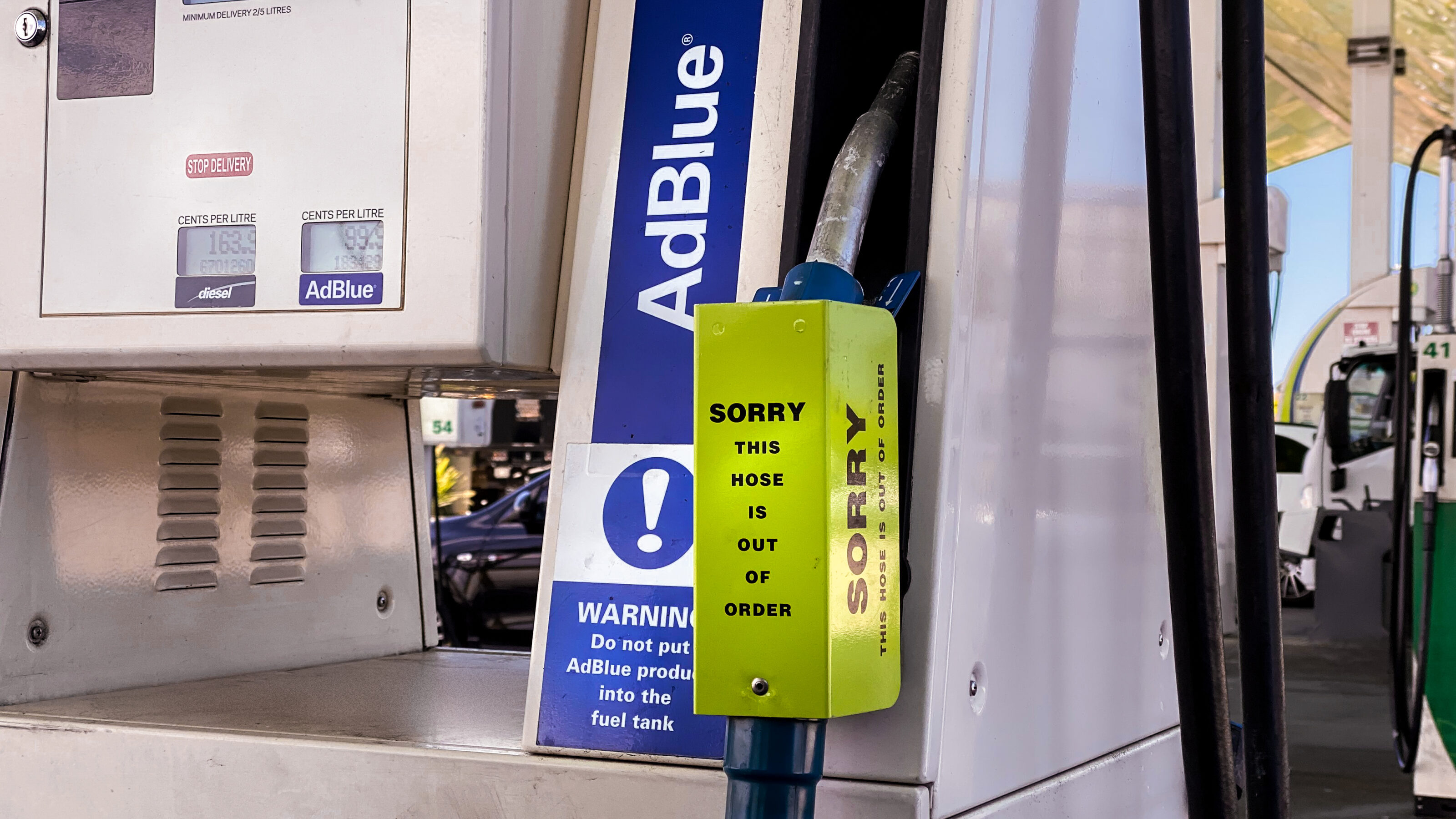
December 13: Fuel stations across the country are being emptied of AdBlue, while those with stock are now rationing supply.
As Christmas approaches – and with Australian states opening up borders to travellers – truck stops and smaller petrol stations have already begun to run out of the critical diesel additive ahead of the Government’s schedule.
Panic-buying is being blamed for the accelerated timeline, which threatens to stop the nation’s trucking industry unless more supply can be secured.
Fuel retailers with remaining stock are being advised to ration sales of AdBlue, with reports claiming prices have skyrocketed to as much as $2.99 per litre – an increase of 200 per cent from its normal price of $1 per litre.
“The situation is changing very rapidly and with little notice, and we are working closely with our suppliers and carefully monitoring stock levels to reduce any potential impact this may have on customers,” a spokesperson for BP told WhichCar.
Some transport companies have dedicated personnel calling ahead to petrol stations on behalf of their truck drivers to check AdBlue supply along their routes, WhichCar understands.
In a statement issued late last week, Minister for Industry, Energy and Emissions Reduction Angus Taylor said multiple shipments of urea – the key ingredient of AdBlue – were on their way to Australia, which are expected to provide around two weeks of supply.
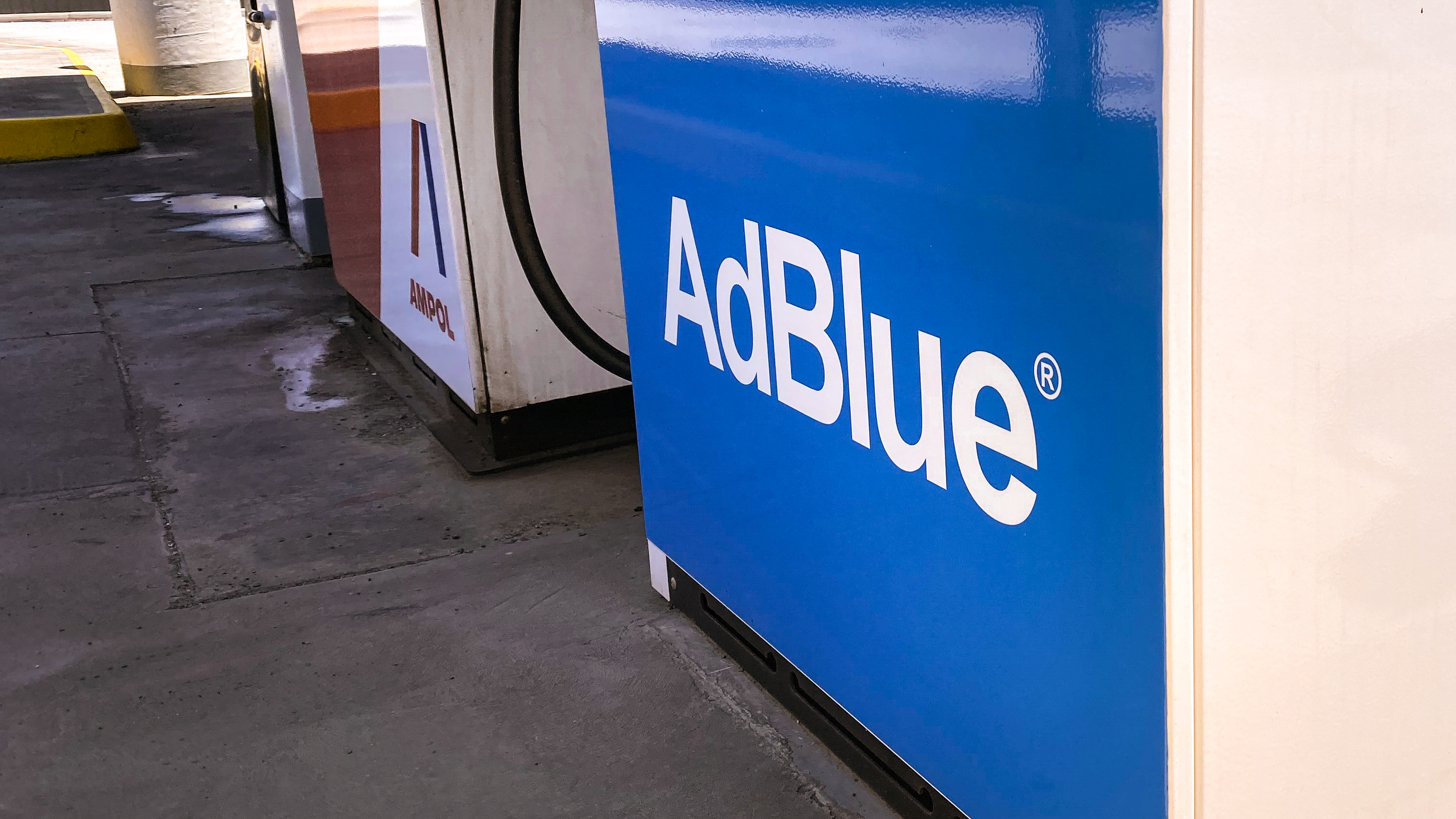
“We are quickly and actively working to ensure supply chains of both refined urea and AdBlue are secure so that industry can have certainty on their operations,” Minister Taylor said.
“I can assure Australians that the Government is working to ensure we do not face any shortages. We are pursuing a range of measures to address global pressures in the urea market. We will keep our trucks running and Australian motorists on the road.”
A taskforce has been created with leaders from the country’s science and manufacturing sectors to look at solutions across both industry and government.
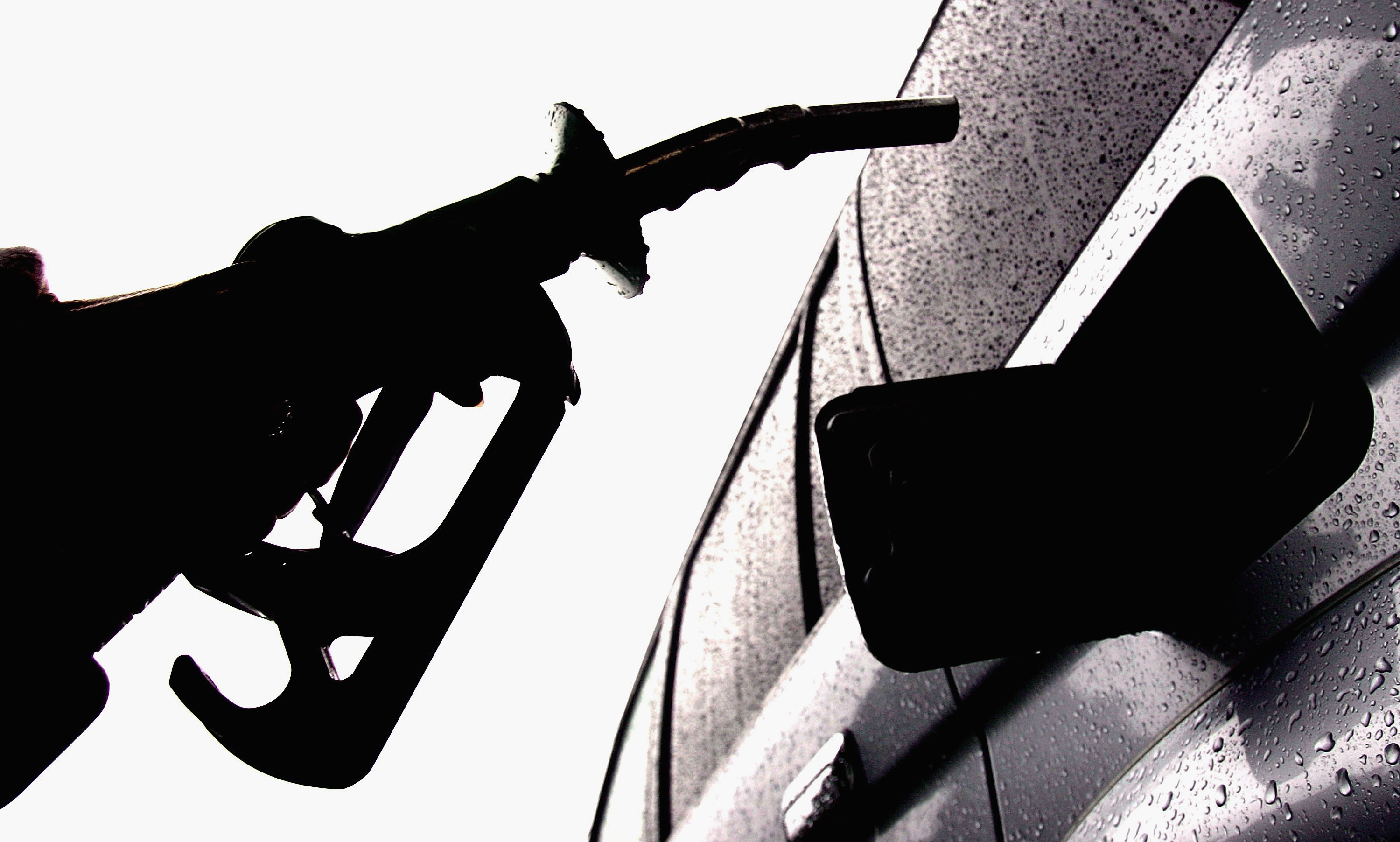
December 3: Modern diesel vehicles could stop running within a matter of weeks, with concerns growing over a global shortage of the emissions additive AdBlue, according to The Australian.
AdBlue is used to help reduce the level of nitrogen oxide (NOx) emitted from a diesel motor, and is commonplace on Euro Six-compliant vehicles manufactured after 2015. While typically seen on European cars, the technology has been adopted by Japanese manufacturers in the past few years.
Around a third of AdBlue – the trademarked retail name for the diesel exhaust fluid (DEF) – is made from urea, a common fertiliser used in farming. Prices for common fertilisers have skyrocketed in recent months, while Chinese supply of urea has been slashed.
While thousands of passenger cars could be forced off the road, the shortage could impact Mercedes-Benz E400 All-Terrain vehicles used by the Victoria Police Highway Patrol, as well as prime mover trucks across the country.
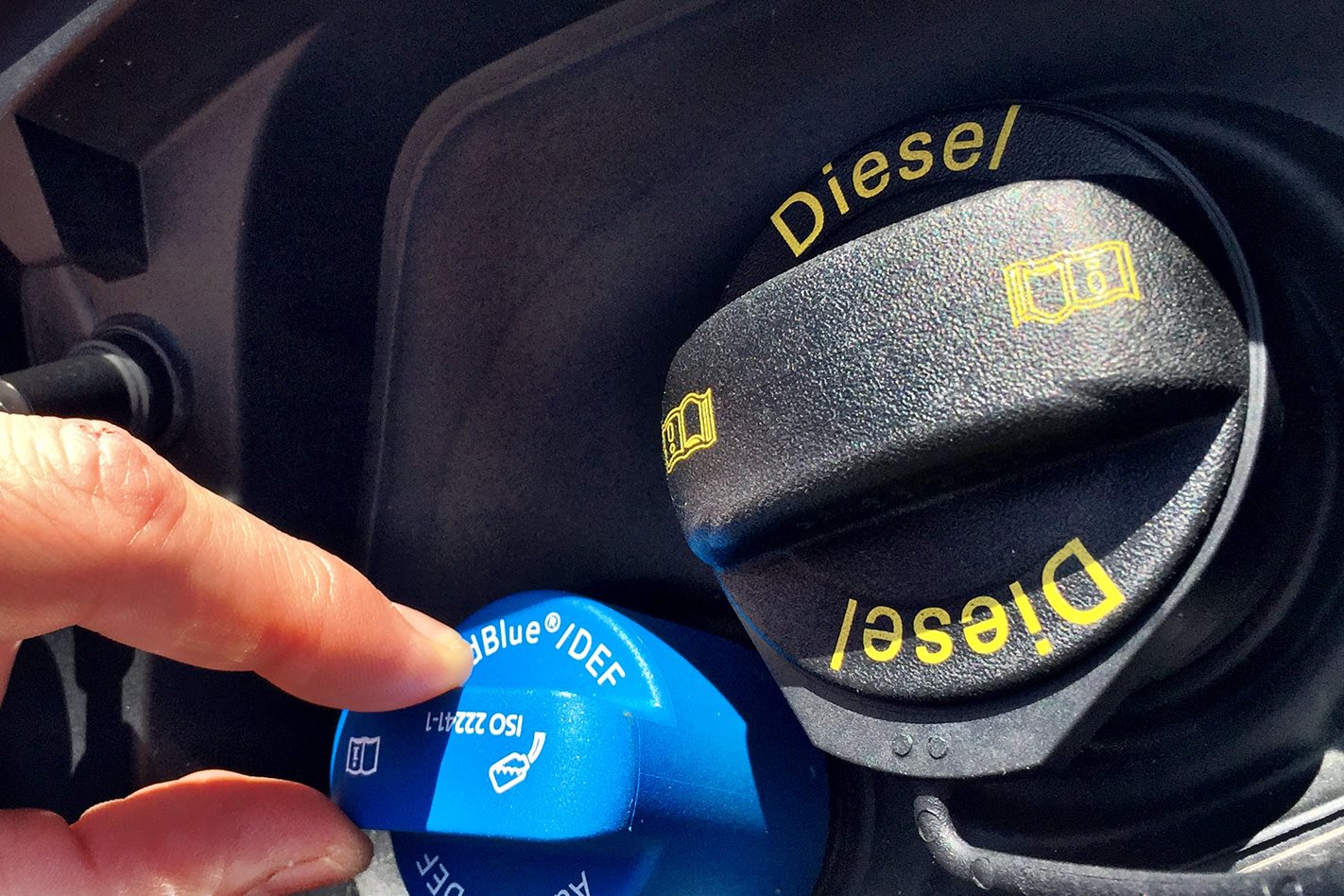
However, passenger cars typically use a very small amount of the fluid. For example, a full 18-litre tank of AdBlue found on a Ford Everest typically lasts between 12,000 and 16,000 kilometres of normal driving.
Perhaps more concerning is Australia’s supply chain, with a significant proportion of truck drivers using prime movers requiring the additive, and in far greater quantities than in passenger cars.
Prices of AdBlue have reportedly tripled in Italy, Germany, France, and the UK, with drivers racing to fill up as supply dwindles.
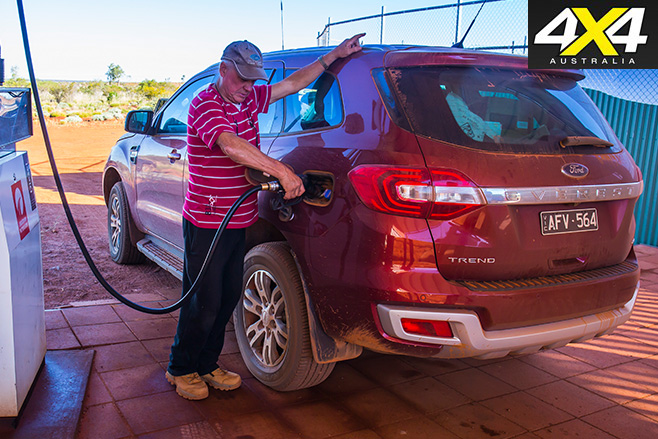
Australia currently has three manufacturers of Adblue, but it’s understood the majority of the Asia-Pacific’s supply of urea is sourced from China, which has paused exports to help reduce the price of fertiliser in the country.
“We’re going to need to support our manufacturers, we’ve got about three in Australia, we’re going to have to help them find strategic sourcing of the base agent from anywhere in the world we can get,” Western Roads Federation Chief Executive Cam Dumesny told radio station 6PR.
“If we can’t do that, you’ve got the worst case scenario…we start rationing it, if you follow the logic of that…which areas of transport do you want to prioritise?”
We recommend
-
 Advice
AdviceWhat is AdBlue diesel exhaust fluid?
AdBlue is an additive used in many newer diesel cars, but what is it and what does it do?
-
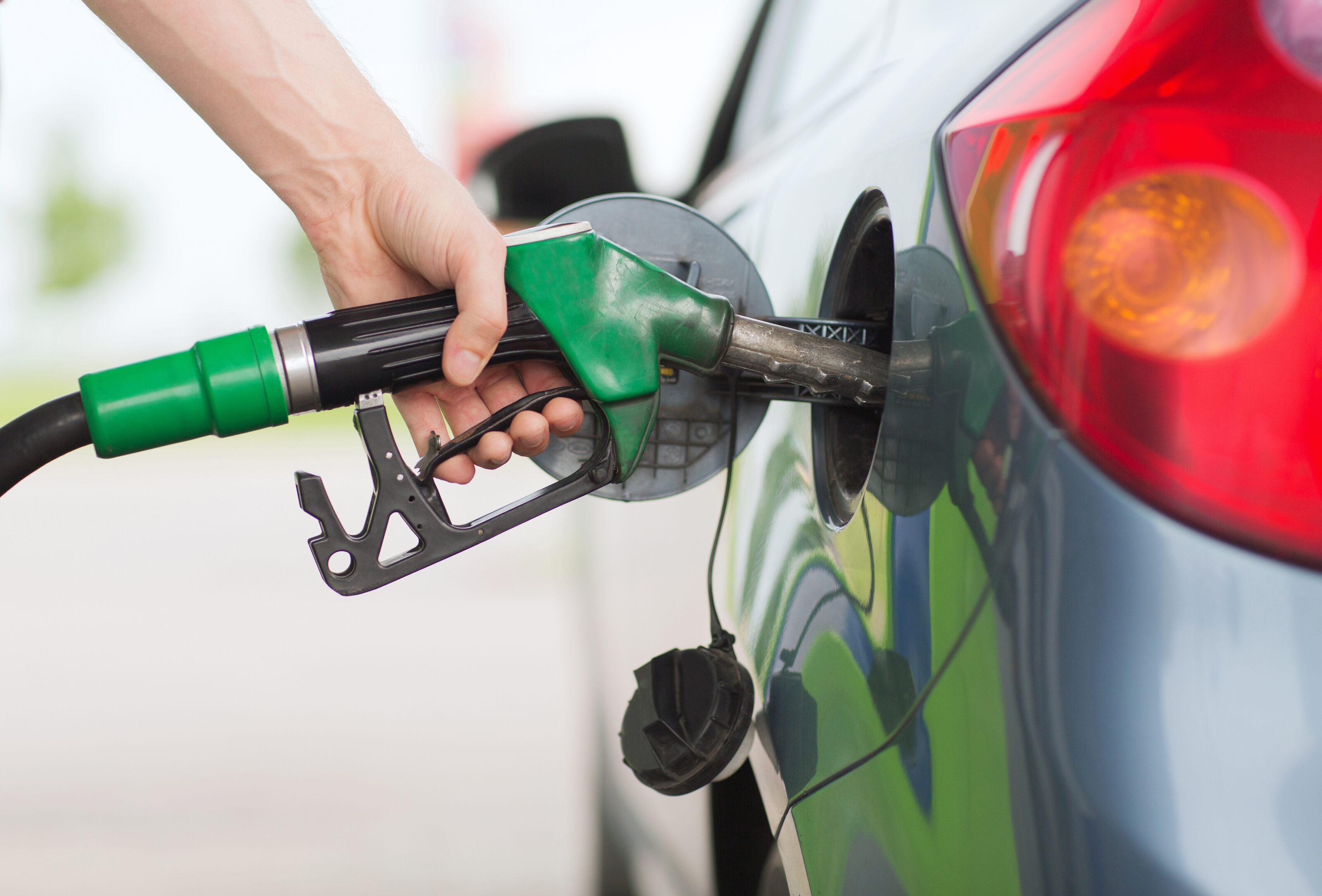 News
NewsSydney records highest average fuel price, but the worst may be yet to come
With oil prices on the rise, these record petrol prices may be just the beginning
-
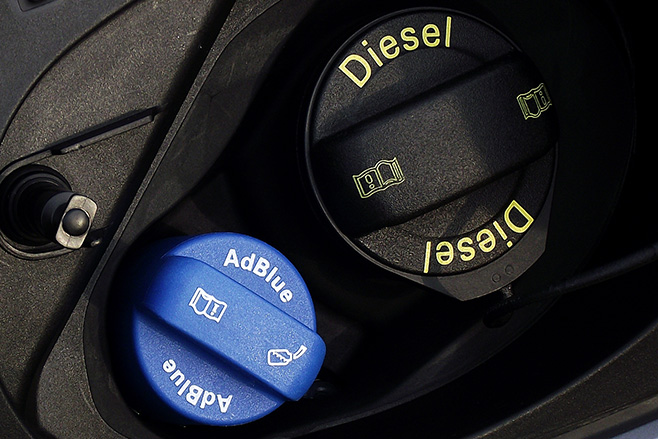 News
NewsBMW and VW fined €875million for colluding over AdBlue tech development in Europe
The two carmakers held talks, along with Daimler, about not competing over technology they possessed to reduce harmful emissions more than was required under EU law


